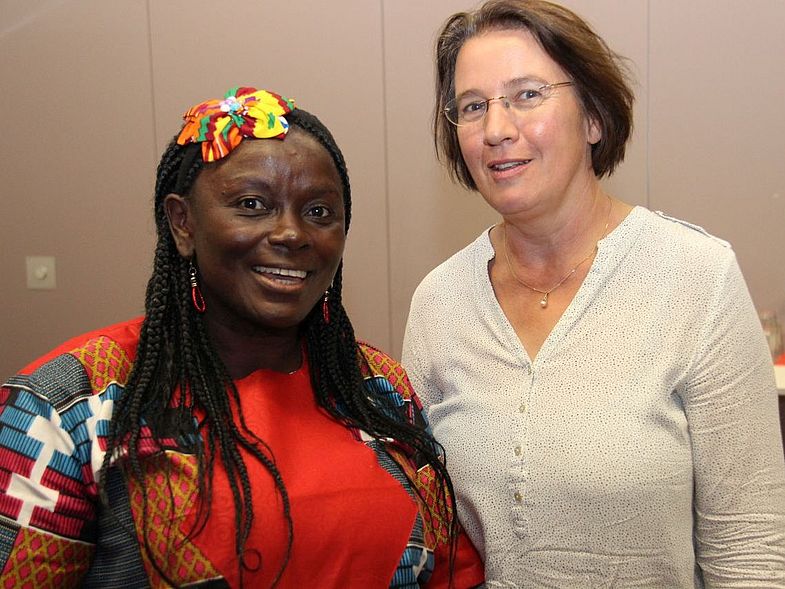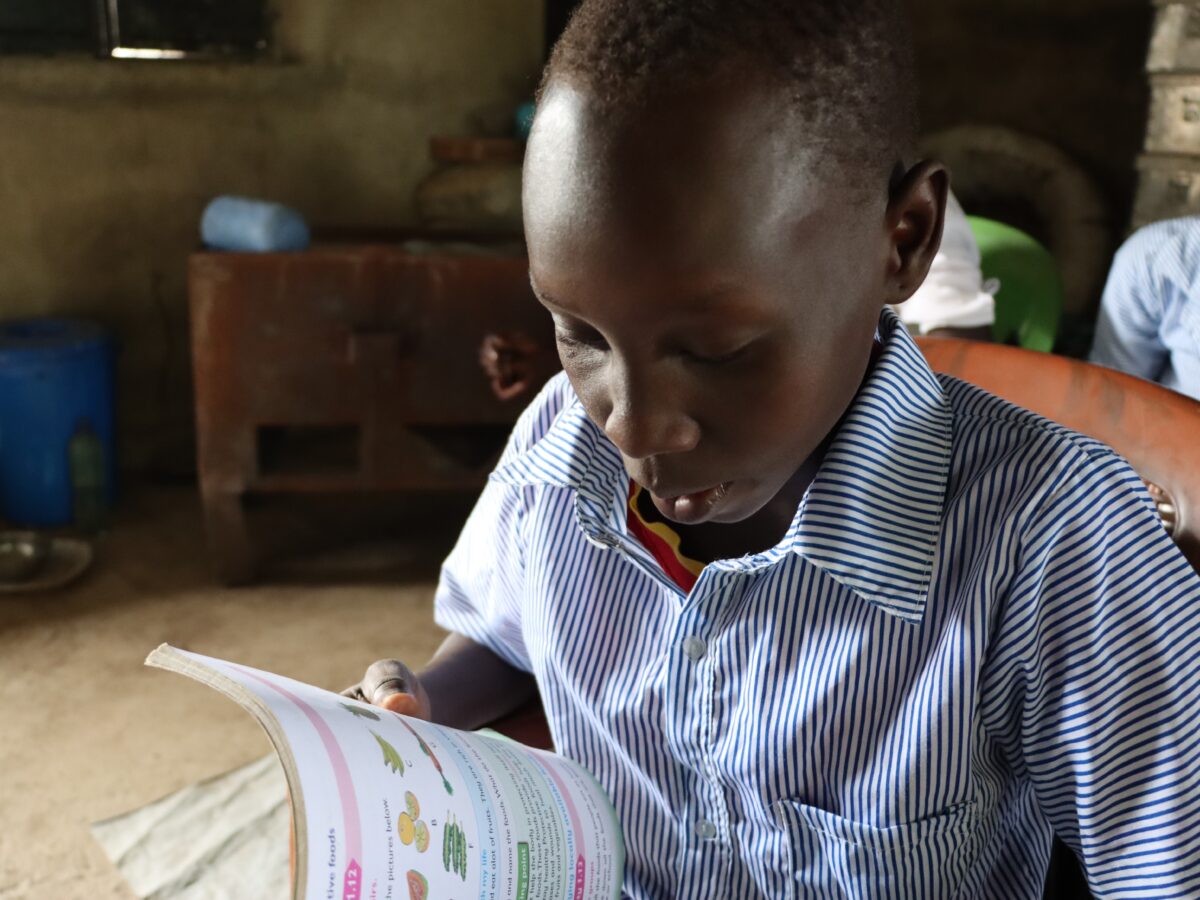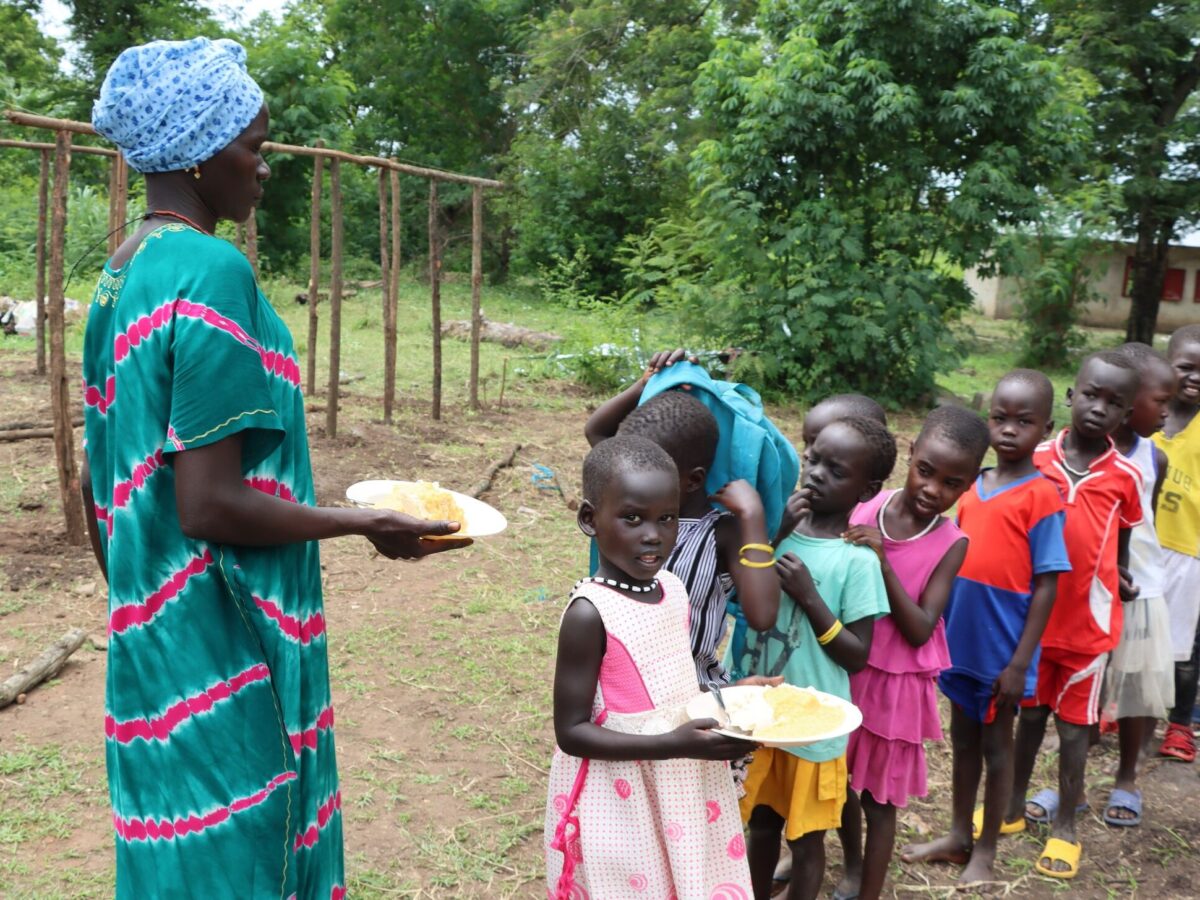The WEELP ("Women's Economic Empowerment and Literacy Programme") education program for women has been in existence since 2009. In the project run by the Presbyterian Church in Cameroon (PCC), women from the Bamenda region who have had little chance of schooling can learn to read and write and acquire further vocational training.
The WEELP is headed by Angeline Njotu. In her presentation, she gave insight into the successes so far and also into the difficulties that the WEELP program has been facing since 2016. Bamenda is located in the English-speaking part of Cameroon. Here, a violent conflict between separatists and the government has been going on for around three years, and around 2,000 people have already fallen victim to it. More than one million people are on the run.
Success thanks to simple structures
The PCC's education program benefits women in economically difficult situations, explains Angeline Njotu. Without education, they would be able to generate little income. The financial pressure also worsens their social situation. In rural areas, around 60 percent of women are illiterate. Since 2009, around 3,600 women have benefited. Thanks to the courses, they also gain self-confidence. A 2018 evaluation shows that three-quarters of the graduates are better off and can put aside some money for purchases.
The courses are simply organized and focused on the needs of women. For professional training, they choose the course content themselves, organize the raw materials they need to make their products. Often the courses take place on site. The leaders come to the women's homes and train them there.
Restrictions due to civil war
However, the restrictions imposed by the violent conflict make teaching difficult. It is almost impossible to use course venues; the courses take place in the women's homes. Fewer women come to the courses because they fear violence or kidnapping. There is also a lack of teaching materials.
Nevertheless, Angeline Njotu emphasizes that they are not giving up. It is possible to better assess dangers in order to reduce the risk of attending a course. Thanks to aid from various organizations, including Mission 21, the financial resources for the courses can be guaranteed. Another positive aspect is that social behavior is changing. For example, traditional male/female role patterns are being broken down, with men showing more respect for women who are learning.
Text: Christoph Rácz, Photo: Eva Sidler







